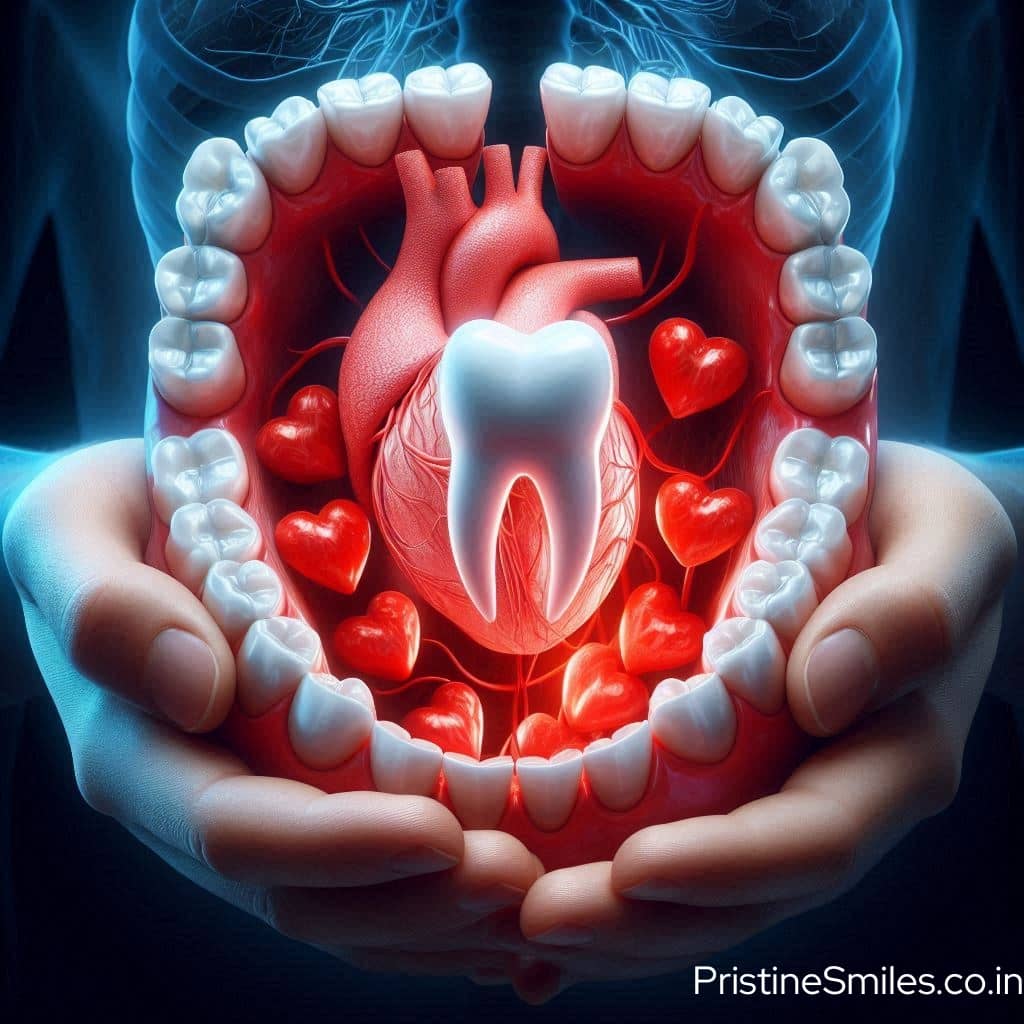As a UK patient, you understand the importance of maintaining good oral health, but did you know that it’s linked to your overall systemic health? At Pristine Smiles Dental Care in Juhu, we believe in treating your teeth and gums with a holistic approach that considers your entire well-being.

The Connection Between Oral Health and Systemic Health
Research has shown that there is a strong link between oral health and systemic health. Gum disease, in particular, has been linked to various systemic conditions, including:
- Heart disease
- Diabetes
- Respiratory infections
- Osteoporosis
- Cancer
Empirical Evidence
- A study published in the Journal of Periodontology found that patients with gum disease are 40% more likely to develop diabetes.
- The American Heart Association has identified gum disease as a risk factor for heart disease.
Our Team of Experts
At Pristine Smiles, our team of specialists, led by Dr. Nehal Sanghani, provides comprehensive dental care that considers your overall health. With advanced training in periodontics, endodontics, orthodontics, and oral and maxillofacial surgery, we’re equipped to handle even the most complex cases.
Conclusion
Don’t neglect your oral health! By choosing Pristine Smiles Dental Care, you’re not only ensuring healthy teeth and gums but also contributing to your overall well-being. Book your appointment today and experience the best of dental care!
FAQs
- How does gum disease affect systemic health?
Gum disease can lead to inflammation, which can contribute to systemic conditions such as heart disease, diabetes, and respiratory infections. - Can poor oral health increase the risk of developing cancer?
There is some evidence to suggest that poor oral health, particularly gum disease, may be linked to an increased risk of certain types of cancer, although more research is needed in this area. - What are the signs of gum disease?
Signs of gum disease include red, swollen, or bleeding gums, persistent bad breath, and loose teeth. - How often should I visit the dentist to maintain good oral health?
It is recommended to visit the dentist at least twice a year for regular check-ups and cleanings. - Can oral health problems be prevented?
Yes, practicing good oral hygiene, such as brushing twice a day, flossing daily, and visiting the dentist regularly, can help prevent oral health problems. - Are there any lifestyle factors that can affect oral health?
Yes, smoking, poor diet, and stress can all negatively impact oral health. - Can oral health problems be reversed?
In the early stages, gum disease can be reversed with proper oral hygiene and professional treatment. However, advanced gum disease may require more intensive treatment. - Is there a genetic component to gum disease?
Yes, genetics can play a role in predisposing individuals to gum disease. However, proper oral hygiene and regular dental visits can help manage the condition. - Can gum disease affect pregnancy?
Yes, gum disease has been linked to adverse pregnancy outcomes, such as preterm birth and low birth weight. - What should I do if I notice signs of gum disease?
If you notice signs of gum disease, such as bleeding gums or persistent bad breath, it’s important to schedule an appointment with your dentist for a thorough evaluation and appropriate treatment.
